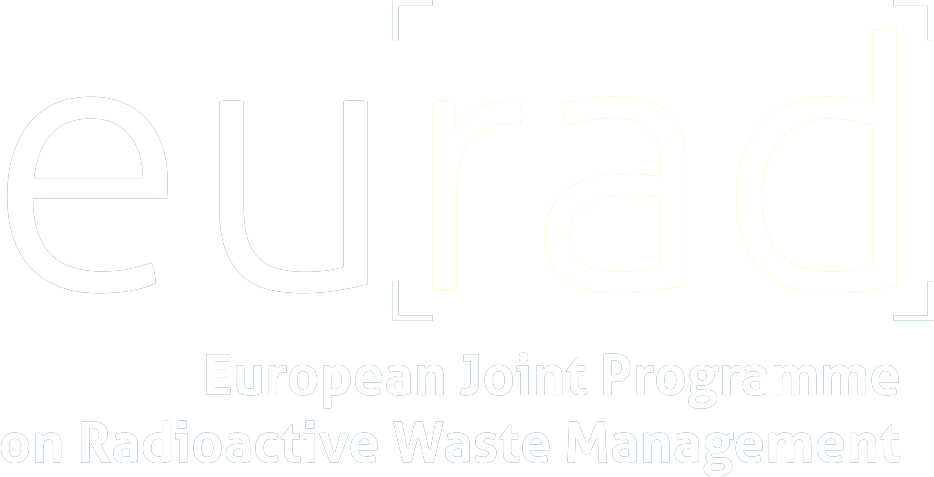Performance assessments of geological repositories for the underground disposal of high-level radioactive waste in deep geological formations require a deep understanding of the phenomena influencing the mobility of radionuclides, e.g. sorption, redox immobilization, surface precipitation, incorporation, etc. Reliable thermodynamic databases (TDB) are required in order to generate speciation calculations, surface complexation, and reactive transport models to predict the aforementioned mechanisms with the aim to achieve reliable and predictive safety assessments. Concerning europium, a lanthanide used as an analogue for trivalent actinides, there is currently no quality-assured and internationally recommended TDB such as the ones developed by Thermochemical Database Project of the Nuclear Energy Agency. Quality-assured refers to a transparent, internally consistent, and comprehensive thermodynamic database with recommended data derived from experimental measurements, with a clear selection procedure, a high traceability of data sources, as well as a transparent handling of uncertainties. The lack of such a collection of parameter sets severely hampers many modelling tasks concerning the application areas mentioned above.
In my contribution to the conference, I focused on the recommended data already published and on the selection procedure. I discussed with several attendees the current challenges and remaining data gaps, and could identify on which ligands (namely the hydroxide ion) to focus on for the next review paper. Furthermore, I could establish connections with several research groups also working on the complexation and solubilty of f-elements in the low temperature regime to hydrothermal conditions. By combining my work with those of experimentalists (own work + that from scientific community), our team is convinced that it will be of benefit for the work package DONUT related to the development and improvement of numerical methods and tools for modelling of coupled processes.


